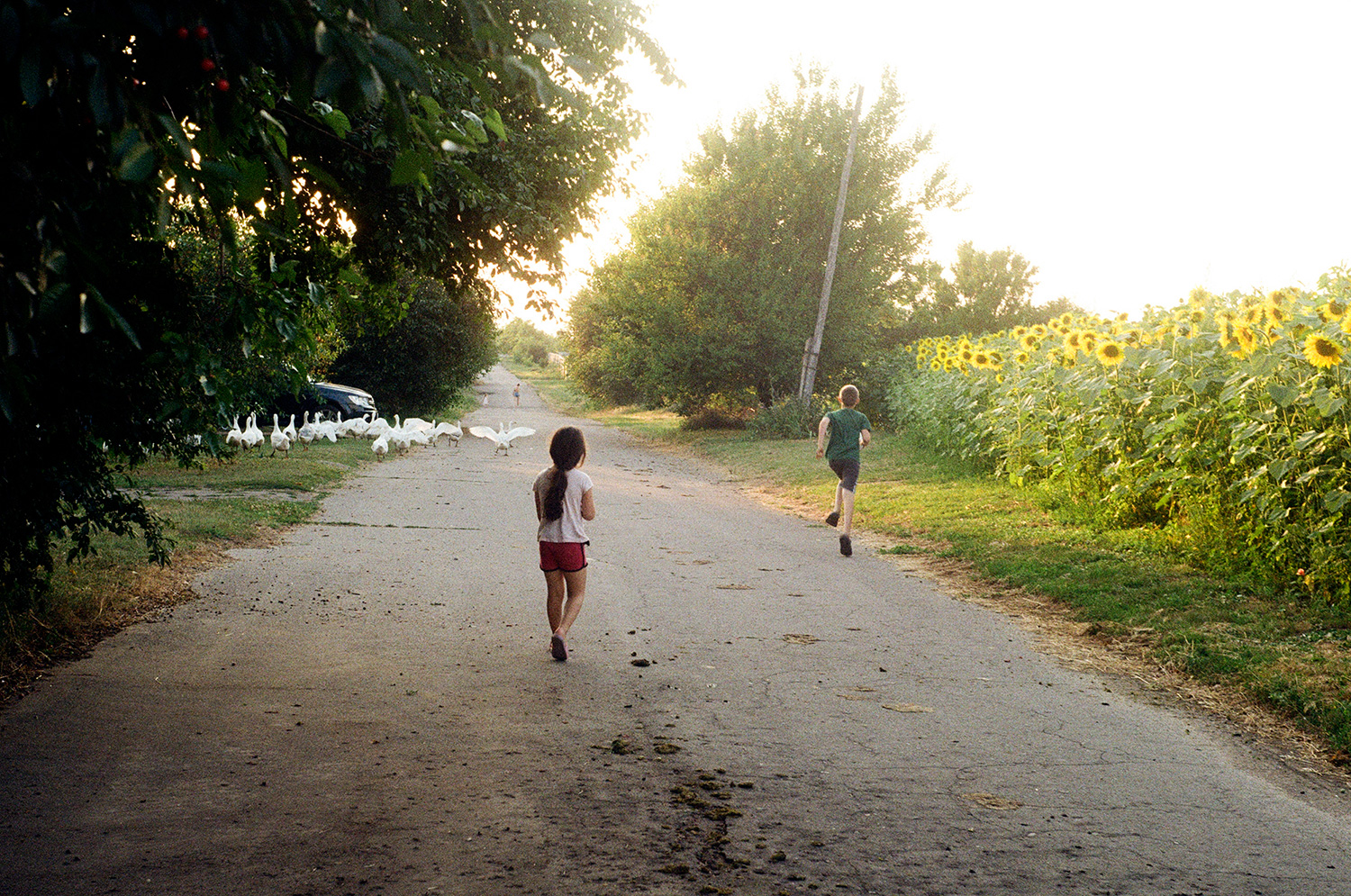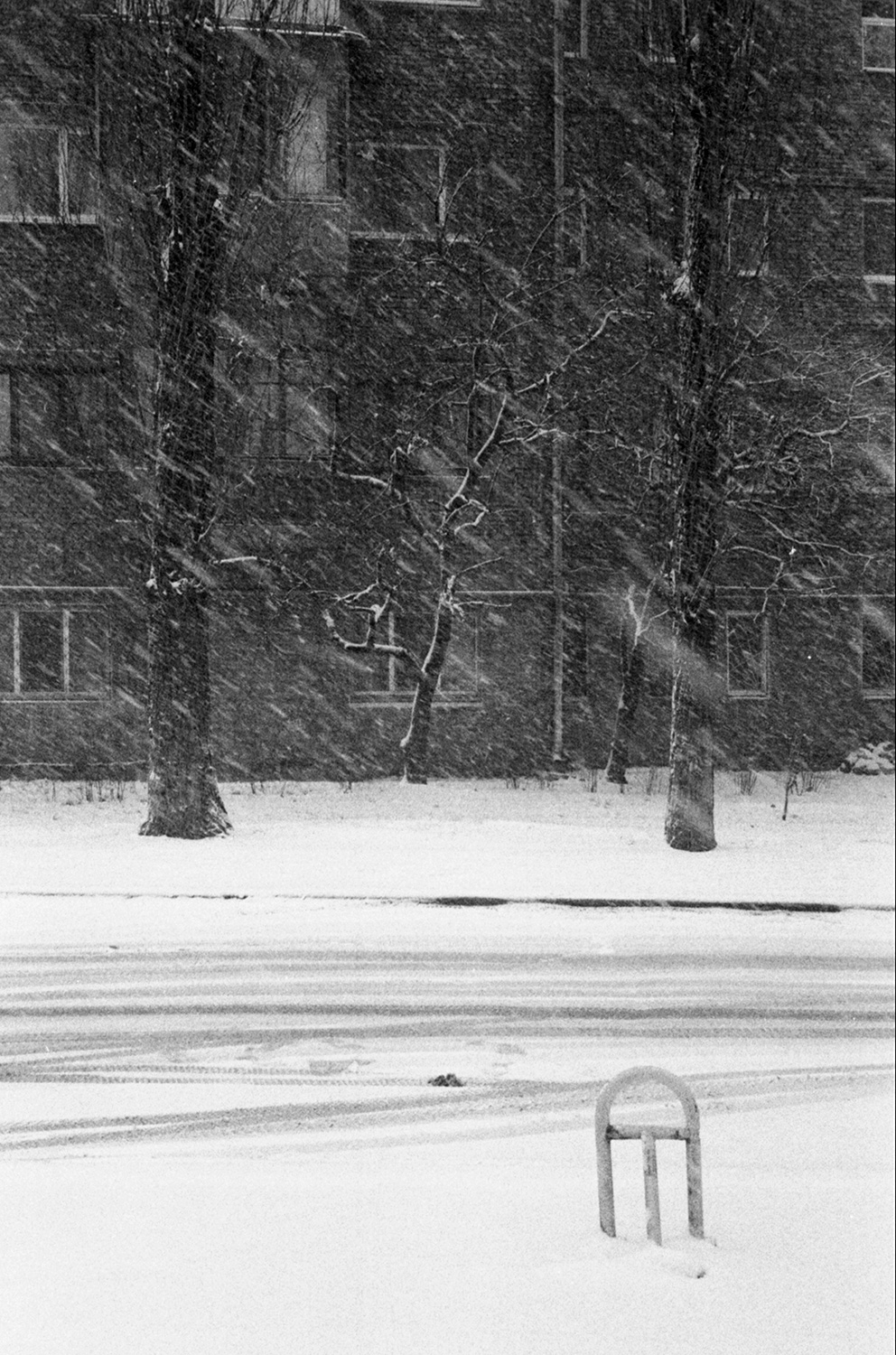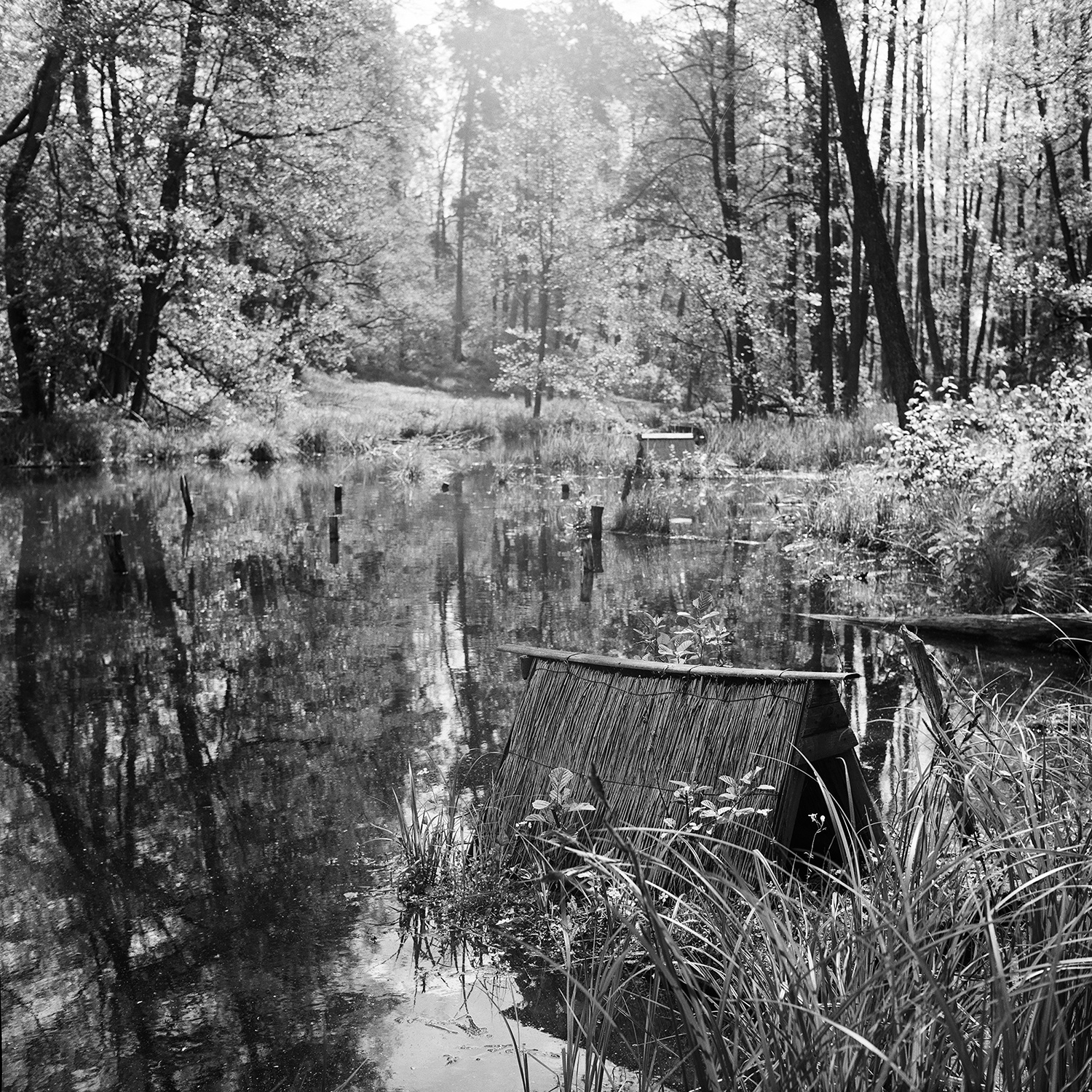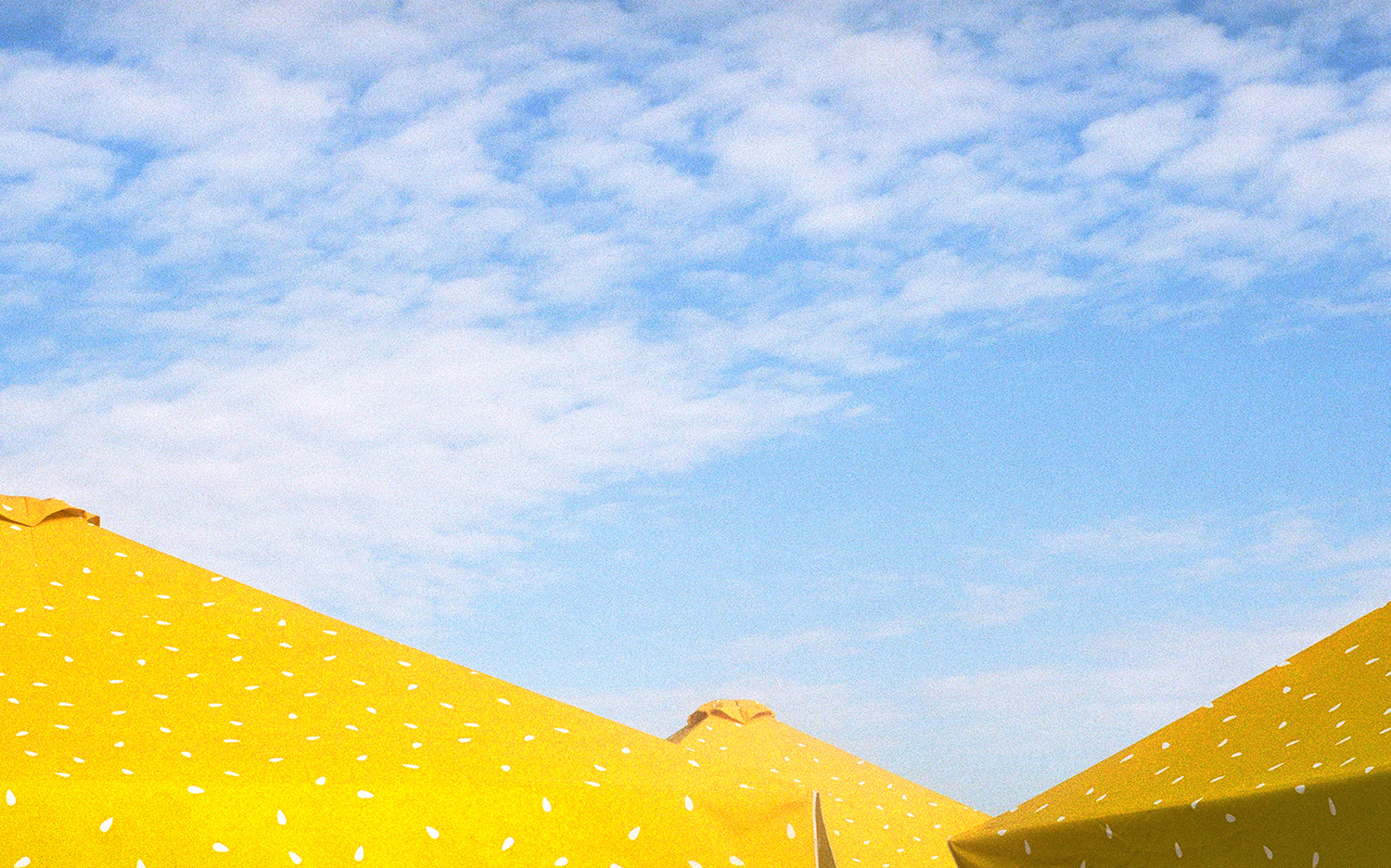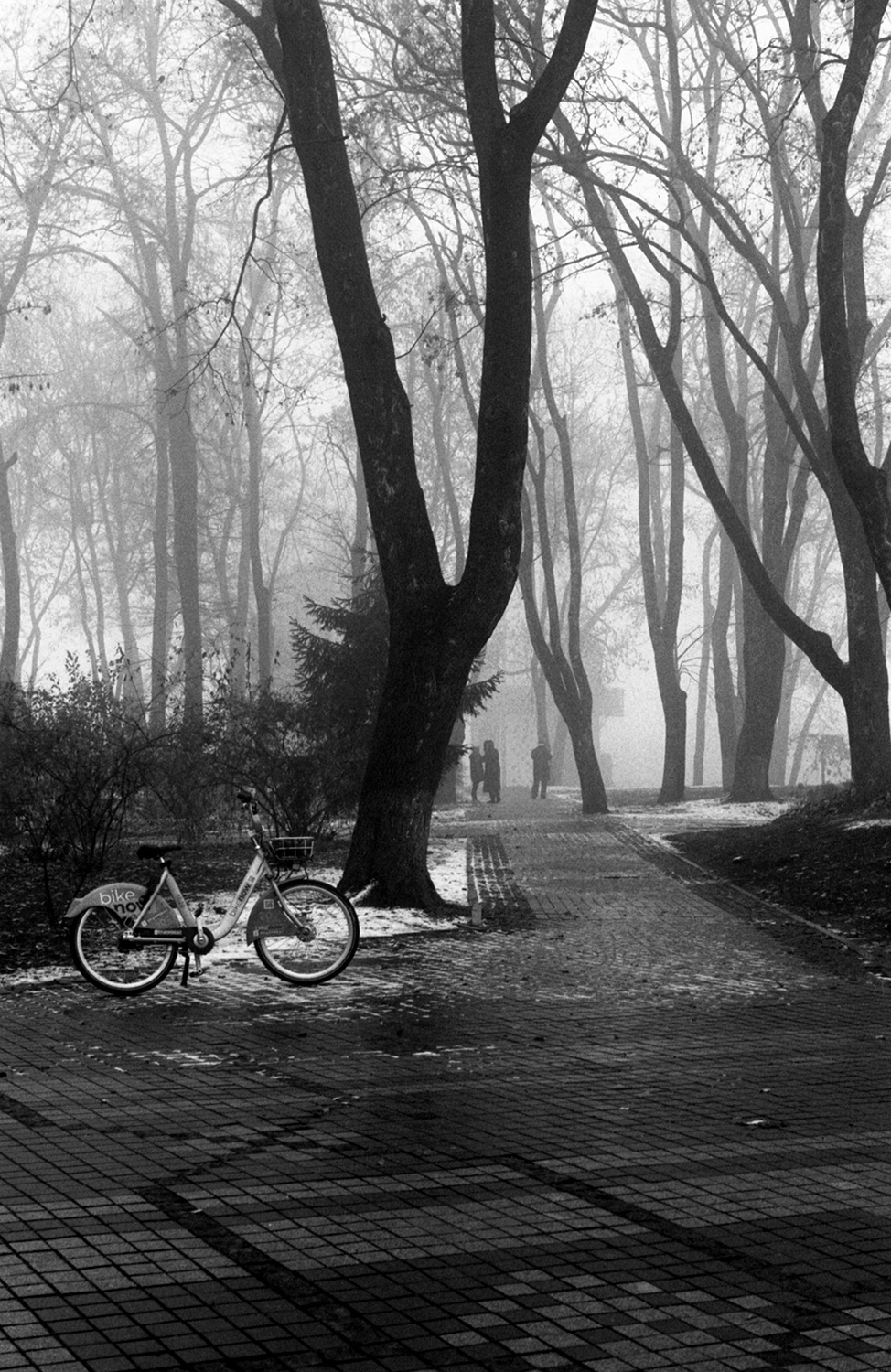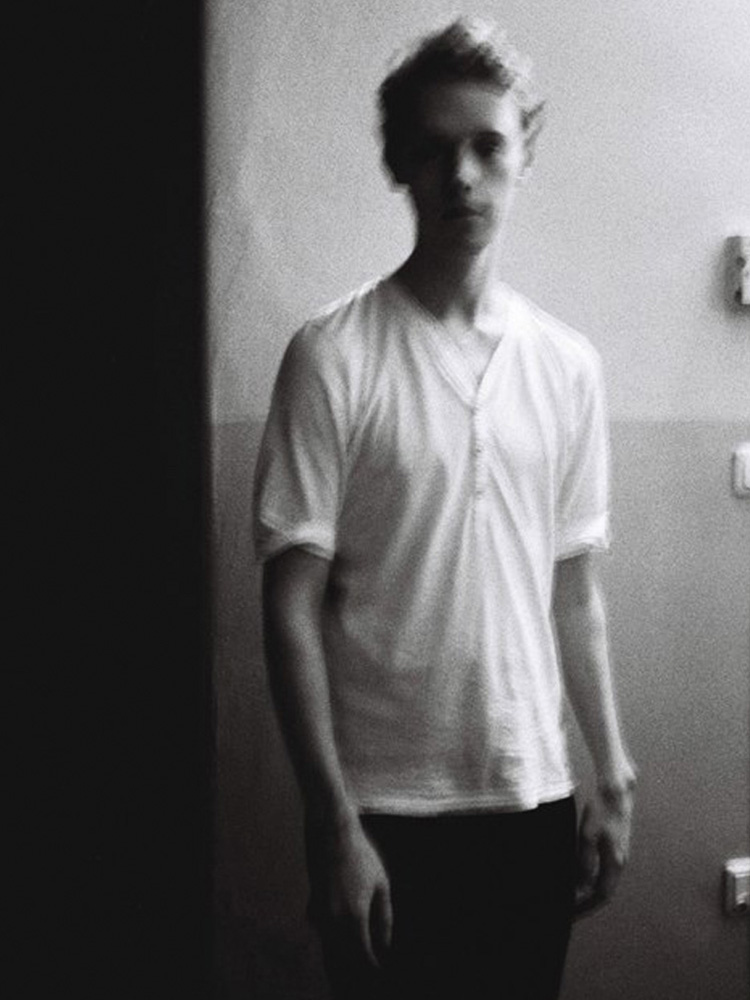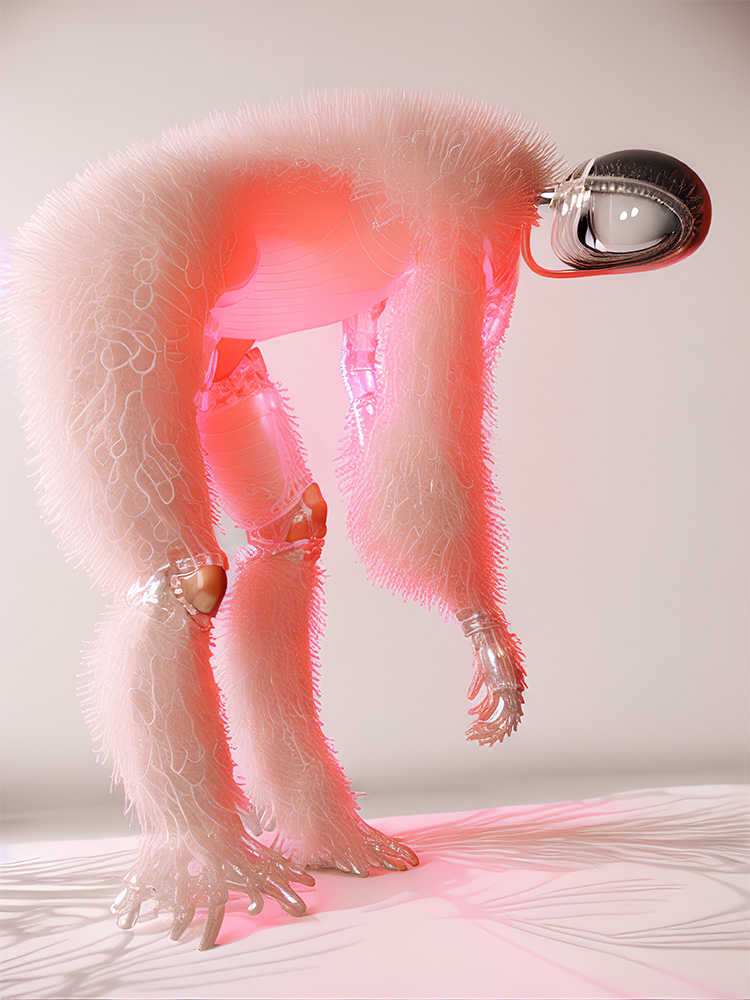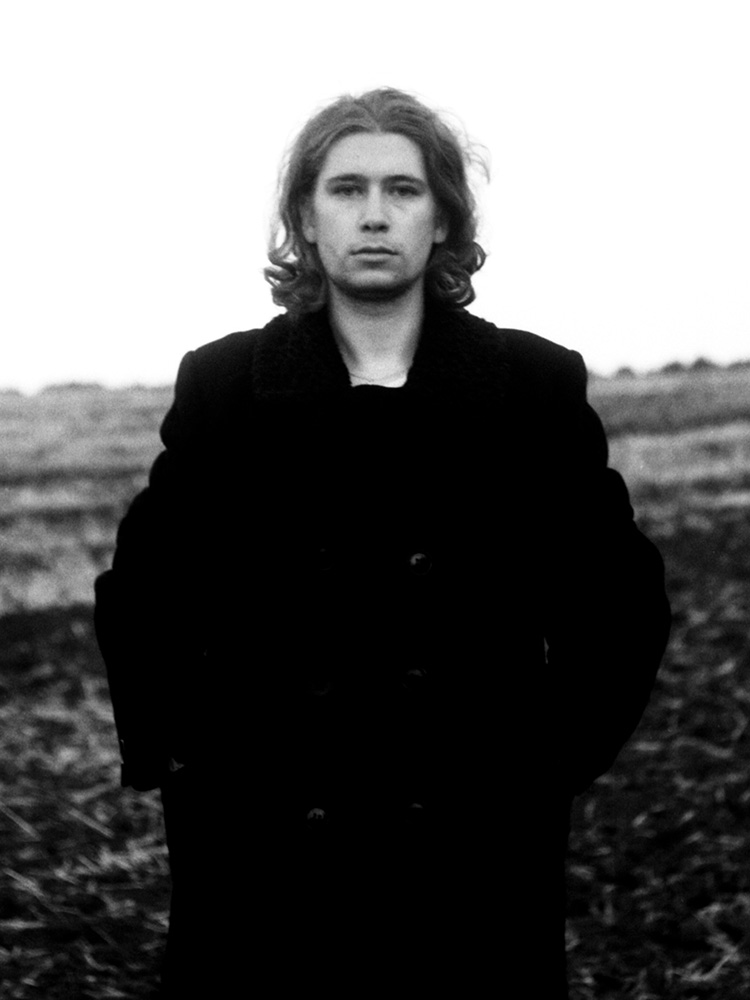
In conversation with
Andrii Kasianchuk
Kyiv, Ukraine
Hi Andrii, please introduce yourself.
Photography has always been a part of my life. It all started when I was a child, growing up in a small village near the capital. My father used to take me on hikes in the nearby forest, where we would photograph wildlife, landscapes, and other breathtaking sights. As I grew older, I joined a photography club in school and honed my skills. However, when I moved to Kyiv to attend university, my focus shifted towards academics. But it wasn’t long before the call of photography was too strong to ignore. I took a course in art photography from a famous Ukrainian photographer. This reignited my passion for capturing life through the lens.
What does analog photography mean to you? What excites / fascinates you about it?
Analogue photography for me is, first of all, connections. Connections with the past, with experience, with vision and ultimately with the laws of physics. If you knew how much I regret missing physics and chemistry at school!
In your opinion, what are the advantages and disadvantages of analogue photography?
The biggest disadvantage for me is that it’s not eco-friendly. Unfortunately, some film components are still manufactured with animal components. For me, the advantage is that the film makes you stop and think. In the modern rhythm of life, this is useful. Also, analog photography has now become a kind of unifying component. Like a circle of common interests, where you will always find like-minded people, common topics.
Do you concentrate on a certain topic in your work?
Rather not. I am interested in experimenting and being in constant search. I don’t want to be tied down to a certain style or genre. Always happy to do something new, not similar to previous works. In my opinion, this is progress.
Are there (analogue) photographers who have influenced your aesthetic and approach?
I’m very inspired by the Kharkiv School of Photography. This is a phenomenon that few people know about, but these people really loved photography, despite the conditions of the time. Most of the authors of this movement influenced and inspired me.
To be specific, among modern photographers I am inspired by Roman Pyatkovka, Taras Bychko, and Mark Neville. There are also many classics, but I will not list them, you know most of them yourself.
Do you have certain cameras and films that you prefer to work with?
I like the Yashica Mat-124 and the Leica M3. Most of my photos were taken by them. As for film, I shoot mostly on Ilford HP5+ or FP4+. I rarely use color, but I prefer Kodak Gold 200 or Portra 160.
Speaking of films: What does your workflow look like?
I’m buying 35mm black and white film in 30m rolls. It’s cheaper and I can adjust the number of frames I want to use. I also make, develop and scan black and white film myself. I usually use D-76 or Pyro for development. My scanner is an old Epson tablet. If I need a high-quality scan or print, I take the films to the lab. For color film, I do everything in the laboratory.
I try to edit photos as little as possible. Although sometimes I experiment with film and with digital processing. For experiments, I always duplicate frames so that one can be left in its original form and the other can be damaged.
What advice would you have for other photographers who are reading this interview?
Education! Try to learn a lot of new things, learn new things, new techniques, methods, trends, visions. Communicate with other photographers, expand your horizons in all directions. After all, you never know what you might need tomorrow. Remember that photography is not a camera, film or digital, it is a photographer and his inner world. Only he determines where to lead the viewer and what to tell him.
If you publish your work on Instagram: curse or blessing?
Every day I like Instagram less and less. This is no longer a place for photography and photographers. Just as the age of forums has passed, so now the age of Instagram to showcase your photography is passing. At the moment, I believe that every photographer should have his own website. Where he can show photos as they should be. And not to adapt to the format and limitations of the social network. At the same time, Instagram remains a place for communication and a source of news for photographers, models, galleries, etc.
Which 3 photo books can you recommend / should you definitely own?
Zhu Yingchun “The language of bugs”, Igor Chekachkov “NA4J0PM8” and Photo album “Ukrainian photographic alternative”
Thank you so much for your time!
Favorites
Yashica MAT-124
Ilford HP5+
B/W
